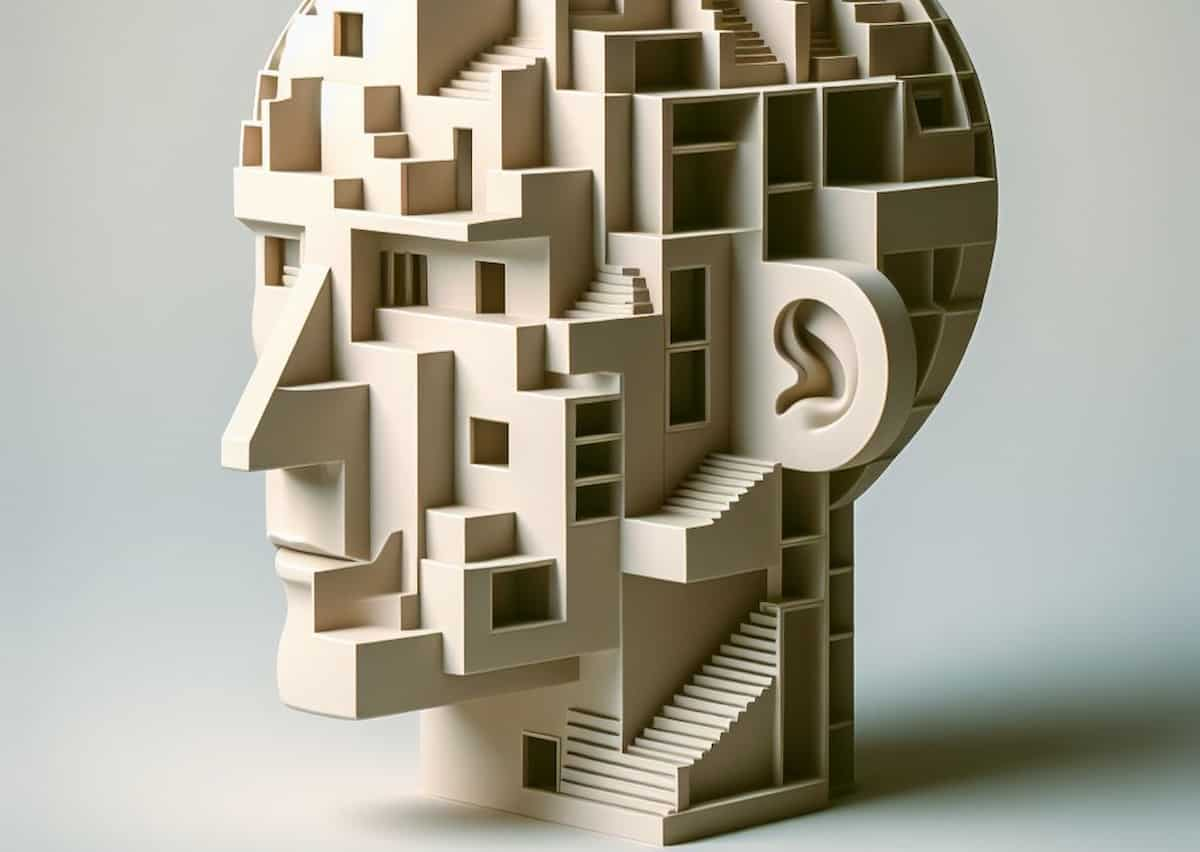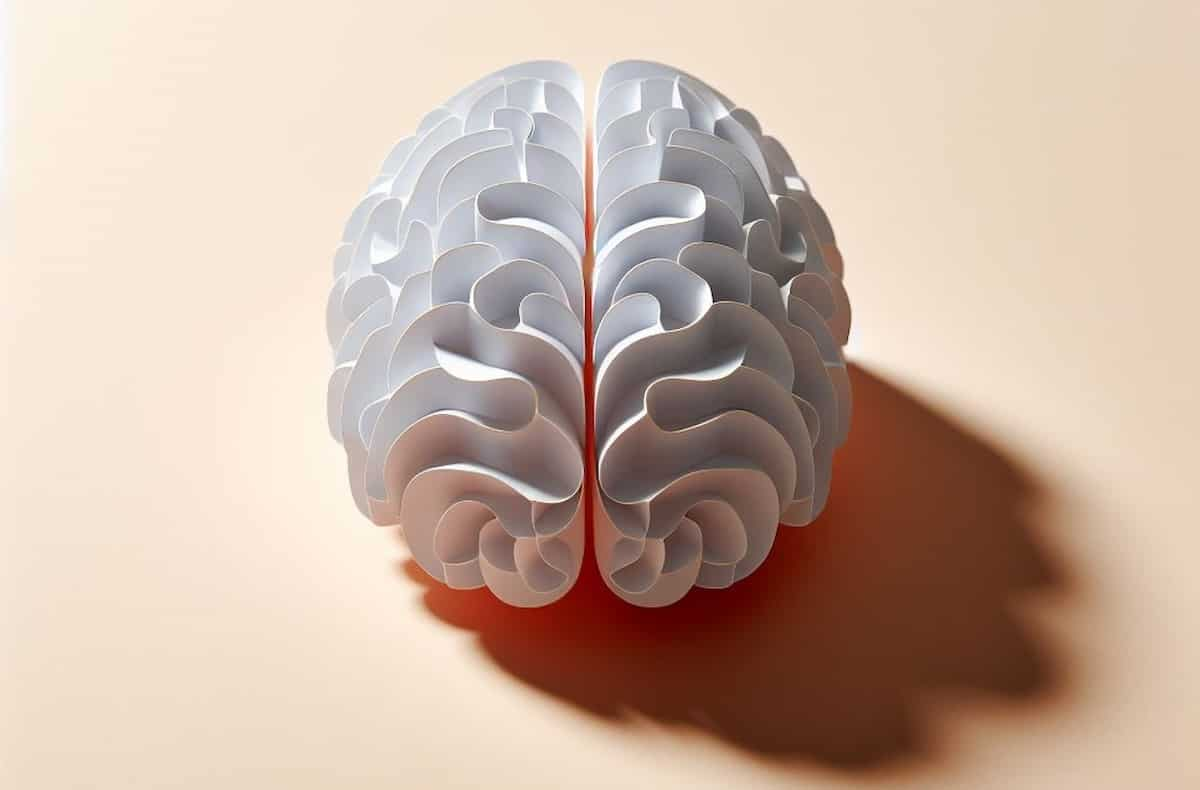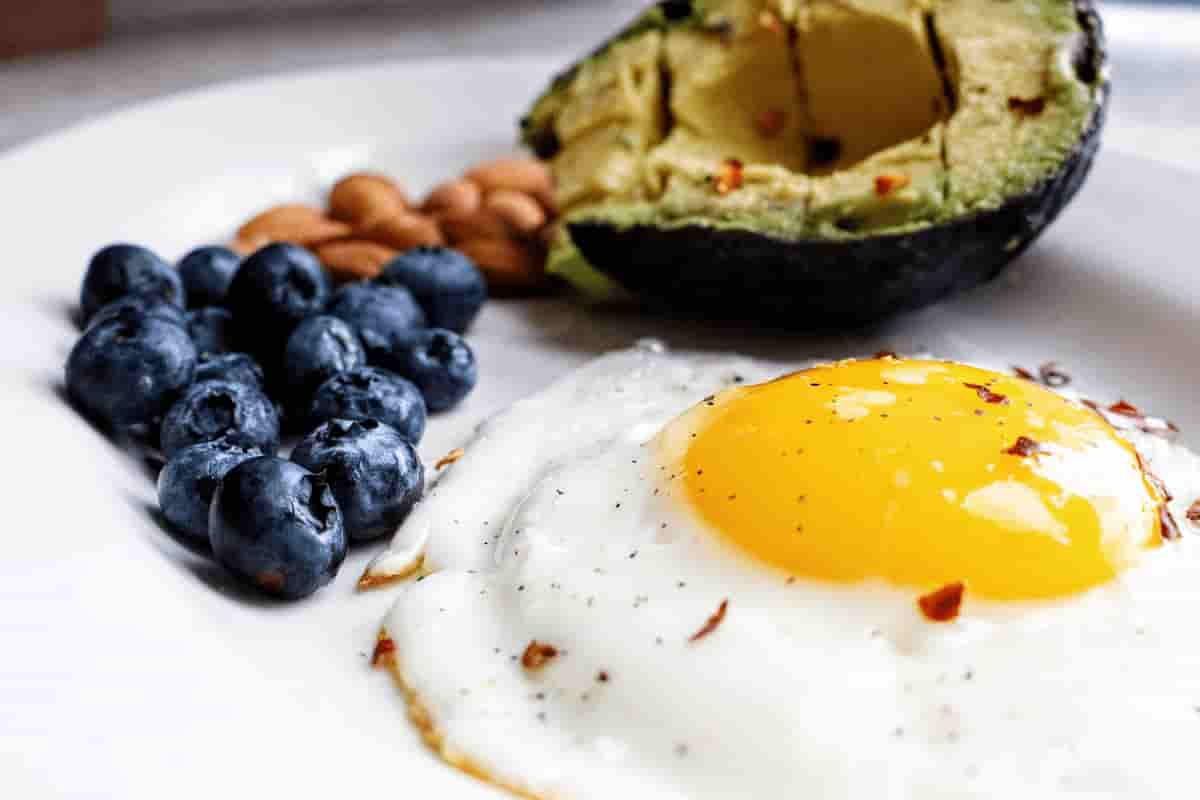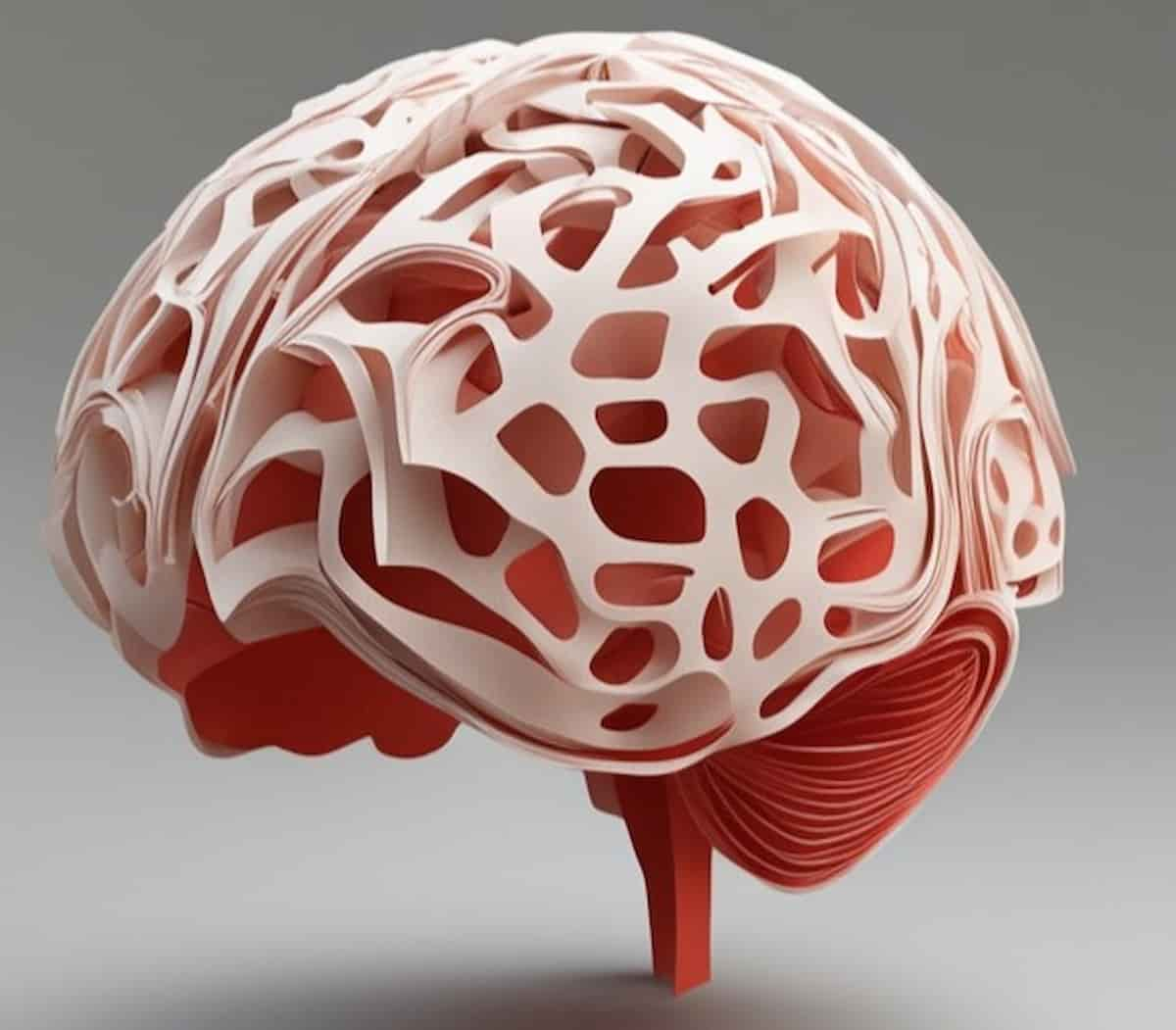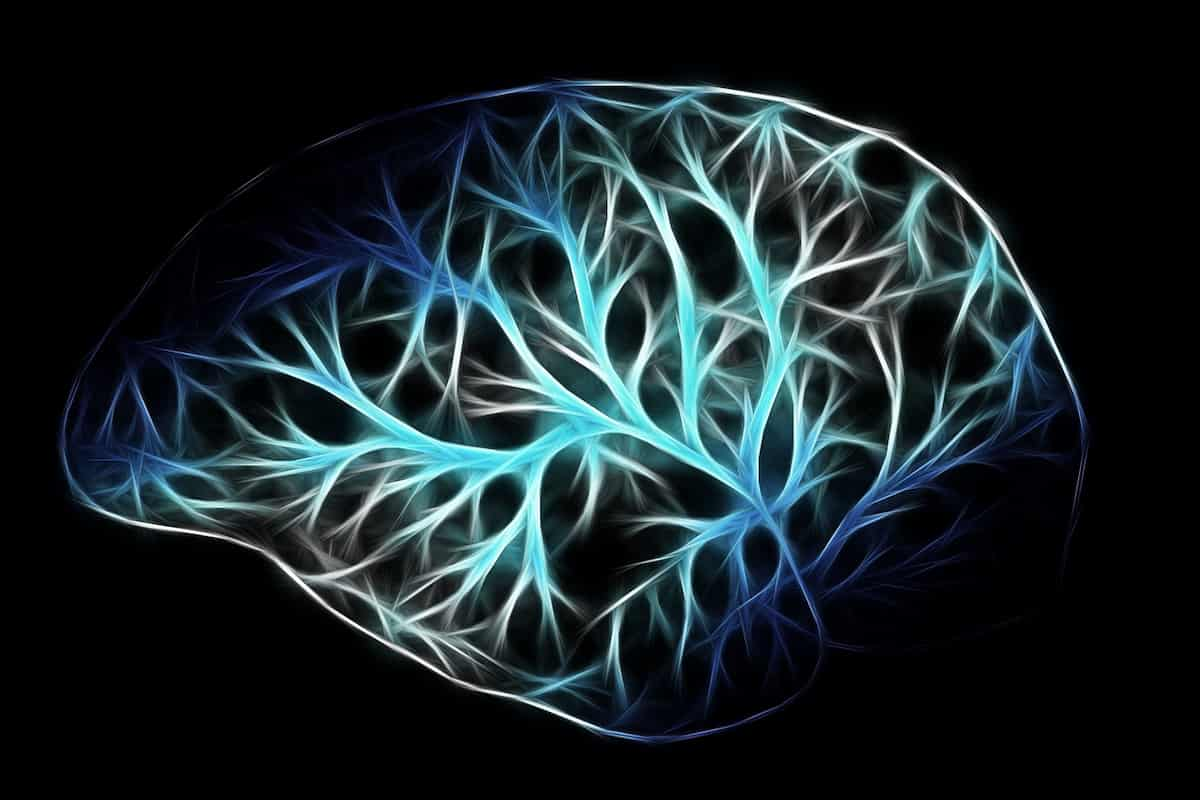Participants who took the supplements for three years had brains that were almost two years younger.
Taking a daily multivitamin slows cognitive decline by 60 percent.
Participants who took the multivitamin for three years had brains that were almost two years younger.
The multivitamin was particularly useful for those suffering from cardiovascular disease.
People with cardiovascular disease are at a higher risk of cognitive impairment.
Professor Laura D. Baker, the study’s first author, said:
“There’s an urgent need for safe and affordable interventions to protect cognition against decline in older adults.”
The conclusions come from a study of over 2,000 people aged over 65.
The study tested the effects of a multivitamin versus a control group, as well as cocoa extract.
Professor Baker explained the results:
“Our study showed that although cocoa extract did not affect cognition, daily multivitamin-mineral supplementation resulted in statistically significant cognitive improvement.
This is the first evidence of cognitive benefit in a large longer-term study of multivitamin supplementation in older adults.”
There are several micronutrients that are required for healthy body and brain function that may be deficient in older adults.
This might explain the study’s findings.
Professor Baker, though, was cautious:
“It’s too early to recommend daily multivitamin supplementation to prevent cognitive decline.
While these preliminary findings are promising, additional research is needed in a larger and more diverse group of people.
Also, we still have work to do to better understand why the multivitamin might benefit cognition in older adults.”
Related
The study was published in the journal Alzheimer’s & Dementia (Baker et al., 2022).

